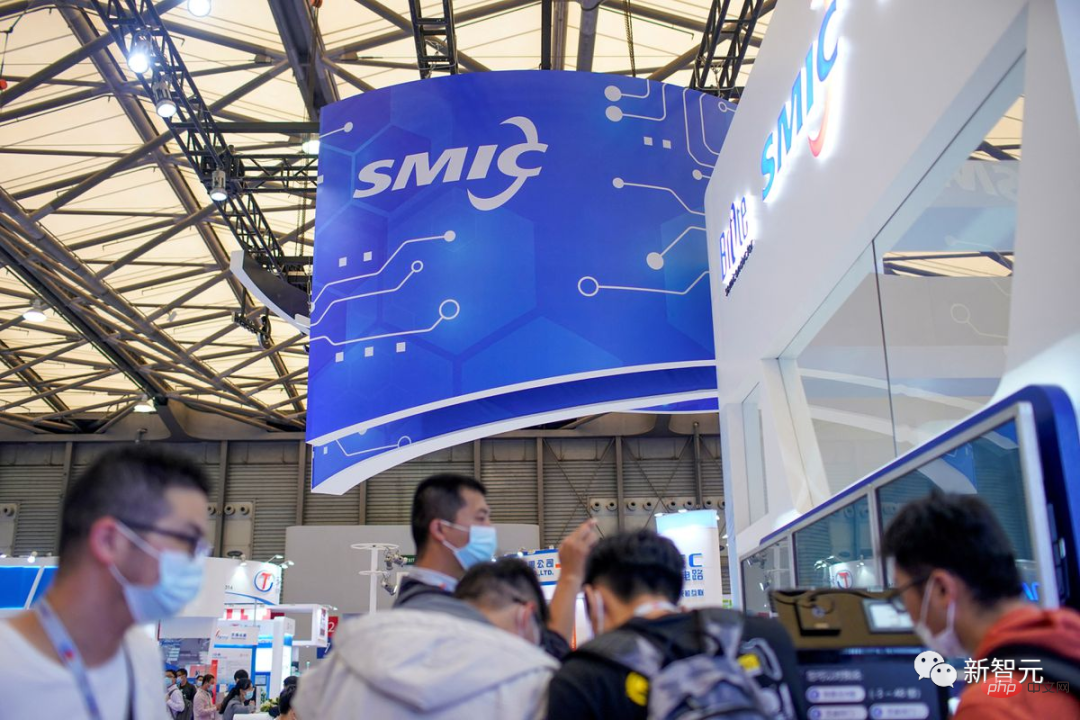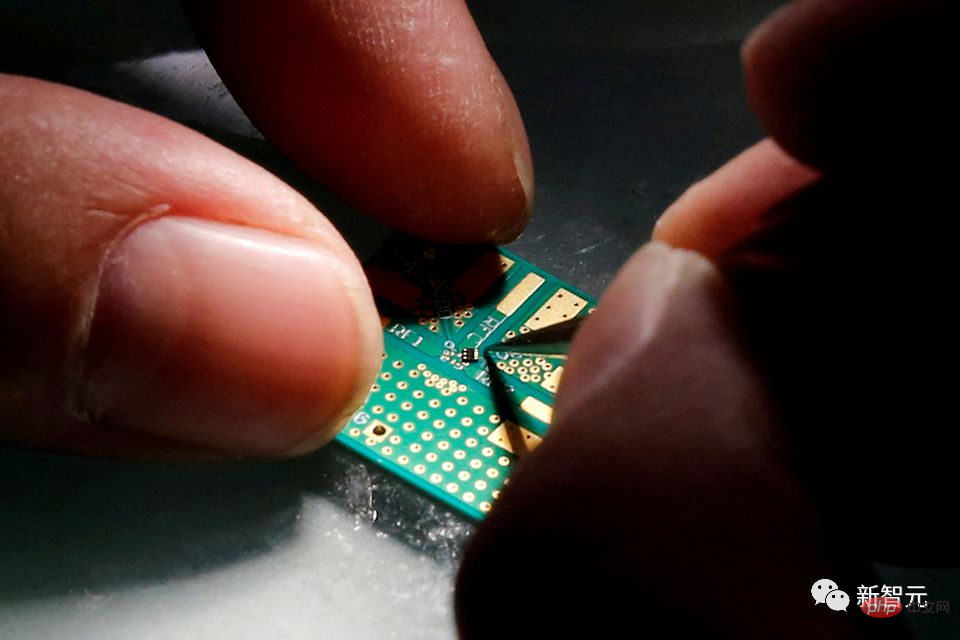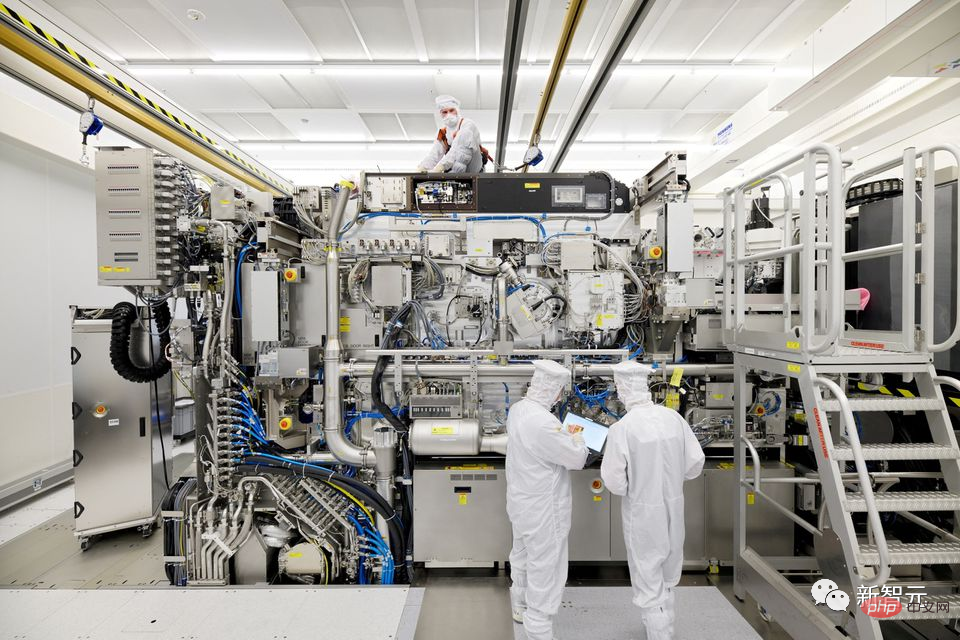Home >Technology peripherals >AI >The 1 trillion semiconductor industry support plan is here! my country's chip self-sufficiency takes the first step
The 1 trillion semiconductor industry support plan is here! my country's chip self-sufficiency takes the first step
- WBOYWBOYWBOYWBOYWBOYWBOYWBOYWBOYWBOYWBOYWBOYWBOYWBforward
- 2023-04-28 20:46:051182browse
Recently, the United States has tightened its grip on my country, and has also roped in the Netherlands and Japan with the intention of forming a "Triple Alliance."
In response, our country is formulating a semiconductor industry support plan of more than 1 trillion yuan ($143 billion).
This is an important step towards my country’s self-sufficiency in chips.
The plan is being formulated
It is said that this 1 trillion industrial support plan is one of the largest financial incentive plans in recent times, with an allocation period of five years. Domestic semiconductor production and research activities are supported through subsidies and tax credits.
As demand for chips soars, our country will take a more direct approach to shaping the future of this industry.
This may further cause the United States and its allies to worry about my country’s competition in the semiconductor industry.

People are visiting the China International Semiconductor Expo (IC China 2020) in Shanghai on October 14, 2020 Core International’s booth
# Some U.S. lawmakers have begun to worry about my country’s chip production capacity construction.
It is reported that this plan may be implemented as early as the first quarter of next year.
According to the plan, most of the financial aid will be used to subsidize Chinese companies to purchase domestic semiconductor equipment, mainly semiconductor manufacturing plants or wafer fabs. These companies will be entitled to a 20% subsidy on procurement costs.
This incentive program aims to increase the construction and expansion of my country's chip companies, as well as support for manufacturing, assembly, packaging and R&D facilities.
In addition, China’s semiconductor industry will also enjoy preferential tax policies.
Chip Bill
On December 7, AMD Chairman Lisa Su, NVIDIA founder Jen-Hsun Huang, Apple CEO Cook, TSMC founder Zhang Zhongmou, etc. were on the same stage. Celebrating the launch of TSMC’s first U.S. factory.

In October this year, the U.S. Department of Commerce passed a sweeping set of regulations that prohibit certain research laboratories and commercial data centers from obtaining advanced artificial intelligence Smart chips also include other restrictions.
At the same time, the United States has also been lobbying partners, including Japan and the Netherlands, to tighten exports of equipment used to make semiconductors to China.
In August this year, Biden signed the landmark chip bill, which provided US$52.7 billion in funding for semiconductor production and research in the United States, and provided chips valued at US$24 billion. Factory tax credits are available.

#Who will benefit?
Beneficiaries of this plan include state-owned and private enterprises in the chip industry, especially large semiconductor equipment companies, such as Northern Huachuang Technology Group, Advanced Micro Manufacturing Equipment Co., Ltd. and Gold Semiconductor .
Shares of Chinese chipmakers surged in early trading on Wednesday after the news broke.
China's Shanghai Science and Technology Innovation Board index opened up nearly 4%. The share price of industry giant Semiconductor Manufacturing International Corporation (SMIC) rose 5.2% to a four-month high.
Some Chinese chip Hong Kong stocks also rose sharply on Tuesday. SMIC rose more than 8% and gained nearly 10% throughout the day. Hua Hong Semiconductor closed up 17%.

On February 29, 2016, at the Research Center of Tsinghua Unigroup, a researcher implanted a semiconductor into a Interface board
#The sanctions announced by the United States in October have caused major overseas chip manufacturing equipment companies to stop supplying to Chinese chip manufacturers, including Yangtze Memory and China Core International.
In addition, some advanced artificial intelligence chip manufacturers have also stopped supplying to Chinese companies and laboratories.
Now, our country is still lagging behind in the field of chip manufacturing equipment, which is still dominated by companies from the United States, Japan and the Netherlands.
Over the past 20 years, many domestic companies have emerged in our country, but most still lag behind their competitors in their ability to produce advanced chips.
For example, Northern Huachuang’s etching and thermal process equipment has relatively mature technology, but it can only produce chips of 28 nanometers and above.

On April 4, 2019, employees performed the final assembly of ASML’s TWINSCAN NXE:3400B semiconductor lithography tool in Veldhoven, the Netherlands
Shanghai Microelectronics Equipment Group Co., Ltd. is the only photolithography company in my country that can produce 90-nanometer chips, but ASML in the Netherlands can already produce chips as low as 3 nanometers. .
The above is the detailed content of The 1 trillion semiconductor industry support plan is here! my country's chip self-sufficiency takes the first step. For more information, please follow other related articles on the PHP Chinese website!
Related articles
See more- Technology trends to watch in 2023
- How Artificial Intelligence is Bringing New Everyday Work to Data Center Teams
- Can artificial intelligence or automation solve the problem of low energy efficiency in buildings?
- OpenAI co-founder interviewed by Huang Renxun: GPT-4's reasoning capabilities have not yet reached expectations
- Microsoft's Bing surpasses Google in search traffic thanks to OpenAI technology

